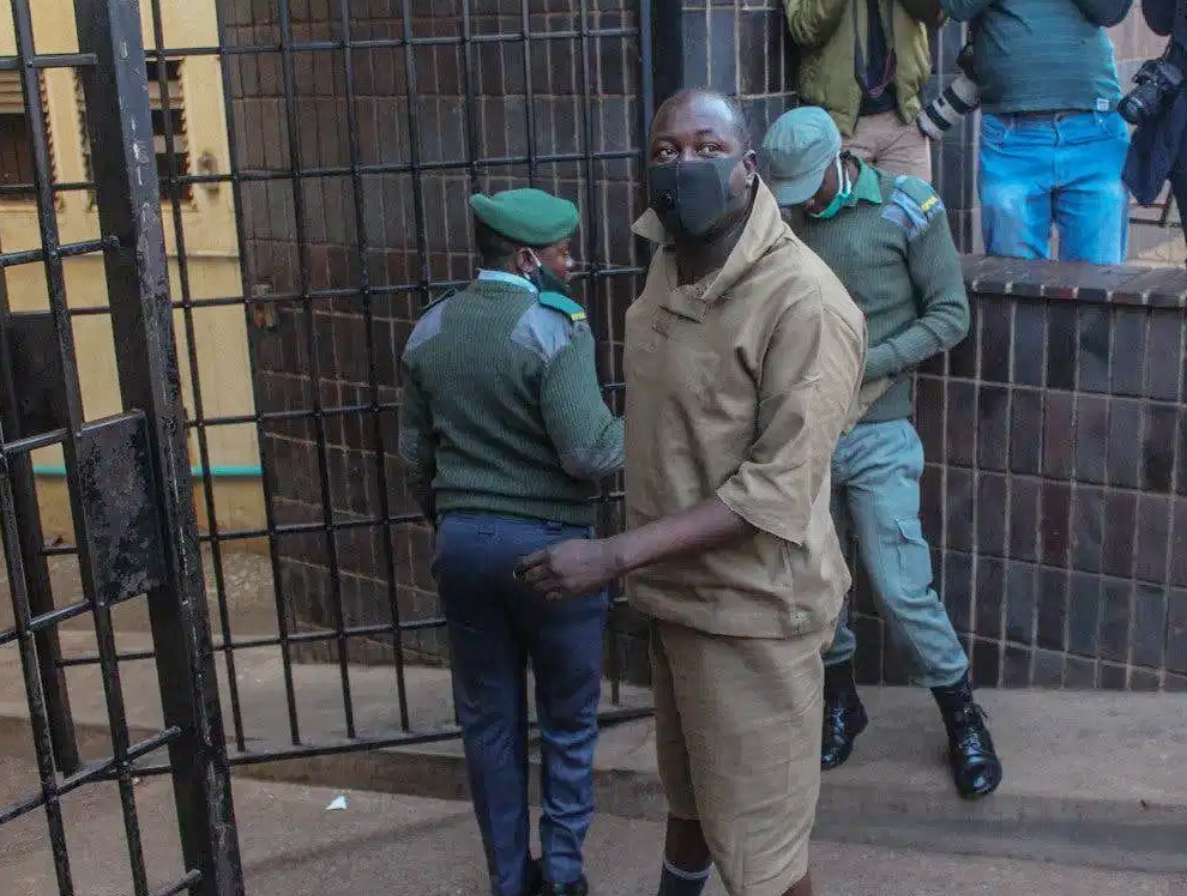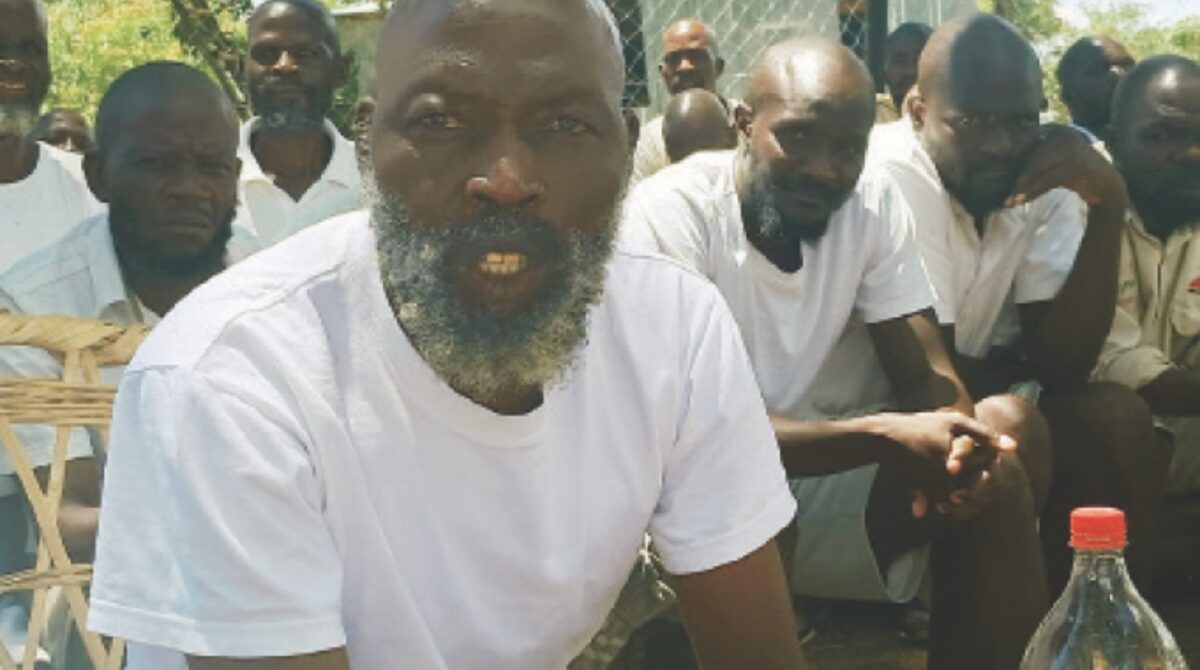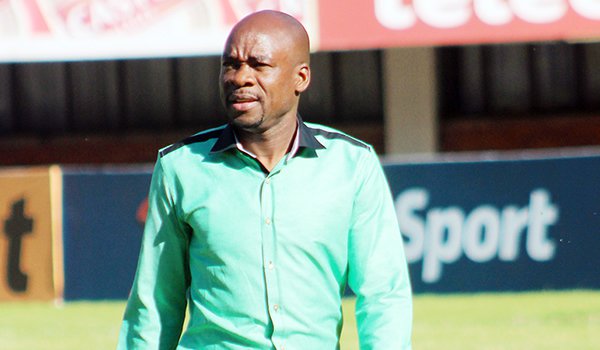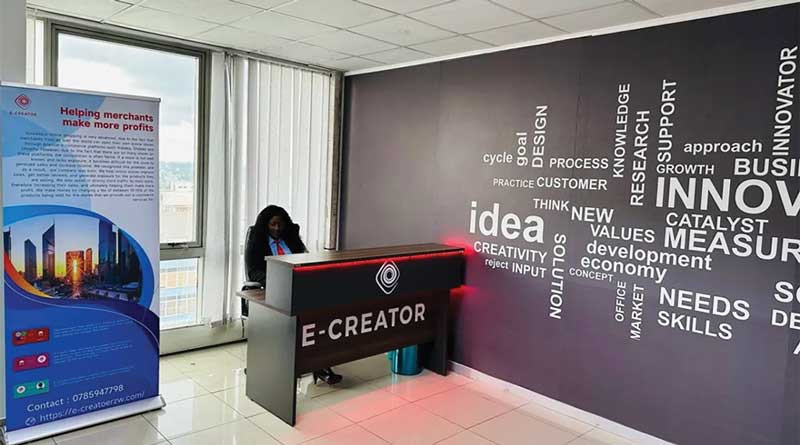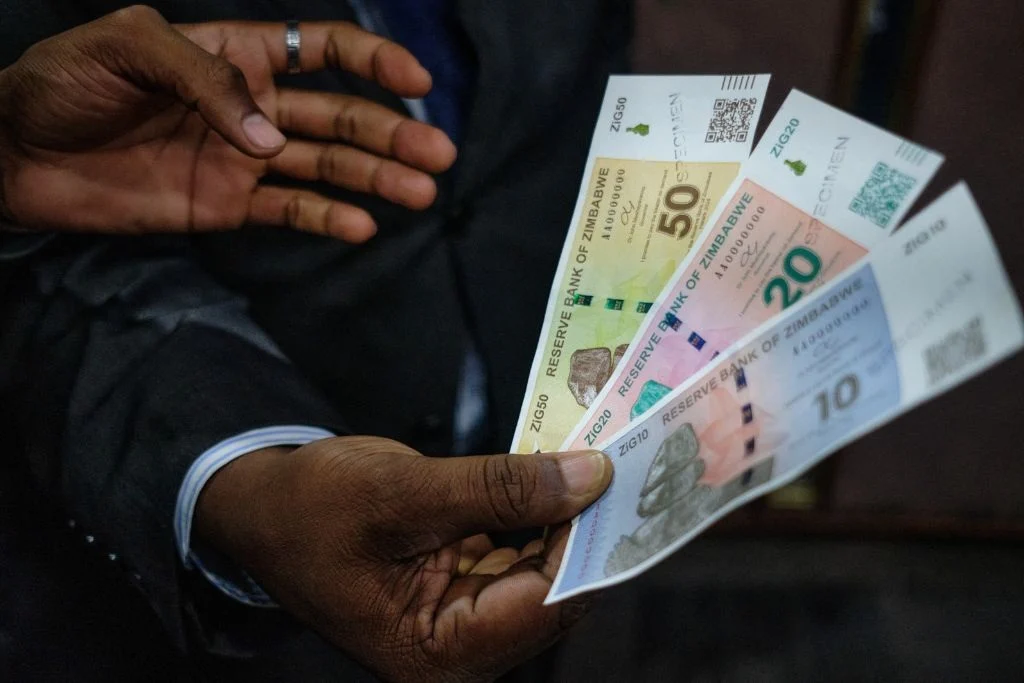HARARE – Businessman Farai Jere entered a plea of “not guilty” on Monday as his US$3.5 million fraud trial got underway at the Harare Magistrates Court.
The CAPS United chairman is charged jointly with his company, Helcraw Electrical, in an alleged conspiracy to supply smart meters without quality checks which has also sucked in two ZESA engineers Leonard Chisina and Kuziva Chikonzo.
The defence, led by Advocate Lewis Uriri, denied prosecution allegations that Jere failed to comply with the ZESA contract to the prejudice of the power utility.
Helcraw was awarded a contract to supply 1,151 smart meters to ZESA unit, the Zimbabwe Electricity Transmission and Distribution Company (ZETDC). The tender required that the factory acceptance test (FAT) be done at the factory where the meters were to be manufactured.
Specifically, ZETDC wanted meters with 5 amps base current and 120 amps maximum current. The head end was to be a two-way wireless system.
Prosecutors say Jere misrepresented to ZETDC that Secure Meters (Pvt) Ltd had a manufacturing plant for smart meters and had a head end system in the United Kingdom, resulting in four of the power utility’s engineers travelling to the United Kingdom in November 2018 to carry out the FAT.
Jere allegedly took the engineers to a warehouse with smart meters and not a factory. The meters in the warehouse had a base of 10 amps and maximum current of 120 amps. Tests on the head end system allegedly failed.
But Jere, the court heard, produced a fake FAT report to the effect that the meters met the required standards by ZETDC and he asked the four engineers to sign it.
Engineers Chisina and Chikonzo signed the FAT report while engineers Julius Mapipi and Munyaradzi Tshuma expressed reservations and refused to sign.
After returning to Zimbabwe, it is alleged Chisina – a senior manager in the ZETDC IT department – removed Mapipi and Tshuma from the project before Jere went ahead with the shipment of 1,151 meters for which he was paid US$3,566,878 by the power utility.
ZESA was forced to remove the meters from its network.
Uriri, in defence, said: “There were no specific terms of reference and the FAT was undertaken on the basis of best practice and the relevant international standards.
“The FAT was for the purpose of ensuring that what was manufactured was the same as the sample that was provided at adjudication, subject to any agreed changes. The factory test results were machine-generated and could thus not be fake.”
Uriri said the adjudicators passed the samples supplied by Helcraw Electrical by an approval of 93 percent.
Taking the witness stand, ZESA general manager Raphael Katsande said the company’s executive chairman Sydney Gata caused the arrest of the quartet.
Katsande said he tried to invoke a clause in the contract which was signed by Jere and his company with ZESA, so that they could address the short-comings that had been observed in Gata’s report with no luck.
He also said a review of the contractual terms and what was supplied showed that the FAT had not been complied with.
Cross-examined by the defence, Katsande admitted that the company that supplied Jere with the smart meters has two factories – one in India and the other in England.
The prosecution had initially claimed that there was only one factory of the company in India. Katsande told court that it was ZESA which opted for the England trip to assess the smart meters.
The trial continues on Tuesday.
